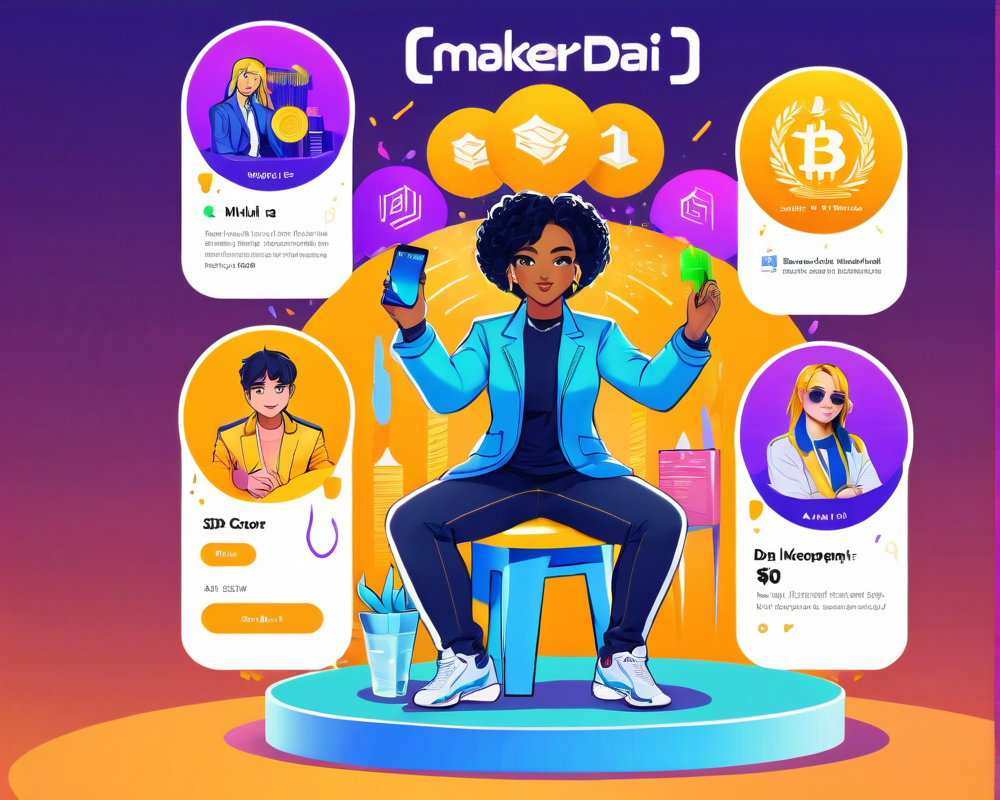The Trouble with Centralized Exchanges
Hackers have consistently found ways to exploit the weaknesses in centralized exchanges. These platforms serve as a golden opportunity for cybercriminals, making them ‘honeypots’ as Mihail Mihaylov, Bitsquare’s Chief Decentralist, puts it. With just one successful hack or clever social engineering, a malicious entity could potentially access vast amounts of cryptocurrency and sensitive user data. This isn’t just theory; it’s a reality that many users have faced.
Decentralization: The Key to Security
Unlike traditional exchanges such as Bitfinex, Bitsquare operates without a middleman. This means transactions happen directly between users, eliminating the vulnerabilities typically associated with centralized systems. As Mihaylov puts it, “With no central server to penetrate, security is enhanced through transparency.” Open-source software allows the public to review the code, ensuring the system remains secure and free from hidden traps.
Why Users Love Bitsquare
- No User Data Collection: No registration means you keep your data private. Goodbye KYC and AML regulations!
- User-Controlled Funds: Store your crypto however you’d like, much safer when you’re the bank.
- Multiple Payment Options: From SEPA to AliPay, Bitsquare supports a variety of payment methods, keeping convenience at the forefront.
The Buzz from Users
Post the infamous Bitfinex hack, discussions on platforms like Reddit have leaned heavily towards Bitsquare. Users are clamoring for its adoption, emphasizing its potential. While some believe the platform still has room to grow, the general sentiment favors a pivot towards its features. Common suggestions center around expanding fiat transaction capabilities beyond just arbitrable methods.
Empowering Users and Setting Values
Kumar Gaurav, CEO of Cashaa Ltd, champions decentralized exchanges as the future of secure trading. He highlights the critical nature of peer-to-peer transactions, where users can dictate their terms rather than relying on an exchange’s valuation. According to him, decentralized platforms empower users to make informed decisions about the worth of their assets without the interference of centralized entities.
Is Trust Still an Issue?
Despite the advantages, some experts, like Dominik Zynis from WINGS, believe that we may be far from achieving a truly trustful and effective decentralized exchange landscape. The lack of cross-chain decentralized facilities invites skepticism. However, projects aimed at addressing this challenge are on the horizon, creating a mix of hope and high-speed trading traditions that centralized exchanges provide.




